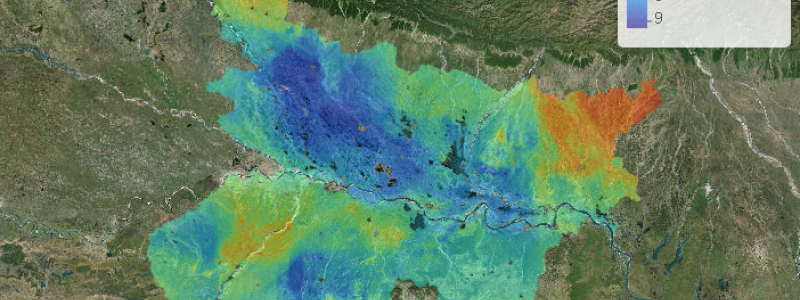Background
Soil assessment and mapping have a rich history in India, but as a general rule have not resulted in the types of spatially-resolved and accurate characterization data that can drive the precise and profitable management of widely-cultivated agronomic crops through improved fertility management. Generalized fertilizer recommendations are the rule and the return on investment for programs such as the US $85 M Soil Health Card programme remain modest. In addition to eroding value at the farmstead level, fertilizer subsidies at the national level are currently 10.7 billion USD per annum – one of the largest recurrent public expenditures in India. Gains in efficiency through improved targeting and recommendations could significantly improve the return on investment associated with this massive investment in subsidy, and potentially permit the Government of India to invest less while achieving better outcomes to the benefit of farmers and other stakeholders.
Quality-assessed soil data can inform a host of analyses and decisions beyond fertility management, including integrated water resources management, land use planning, commodity production and price forecasting, weather-based insurance schemes and market development for diversified cropping systems.
Objectives
The primary outcome of this project will be a modern ‘Soil Intelligence System’ (SIS) for three states in India: Andhra Pradesh, Bihar and Odisha.
The project will rely on prediction rather than direct measurements to develop comprehensive soils information at scale and the resulting data systems will embrace FAIR principles (findable, accessible, interoperable and reproducible). The project will make important contributions towards leveraging soils information (in particular the Soil Health Card data) for decision making in Indian agriculture.
Activities
ISRIC is responsible for coordination and technical leadership for activities related to implementation of sampling theory and desing in the context of the Soil Health Card program and digital soil mapping, as well as the design and implementation of the SIS.
Deliverables
Two applications developed for the Soil Information System for India.
A web portal providing access to gridded soil maps developed for the states of Andhra Pradesh and Bihar.
A prototype dashboard for visualizing the mean Zinc concentration per administrative division (District and Mandal) in the state of Andra Pradesh based on the Soil Health Card data.
Open-access journal article on Bayesian sample size determination published in Geoderma can be found here.
Funding
The project is funded by the Bill and Melinda Gates Foundation. ISRIC is subcontracted through the International Maize and Wheat Improvement Centre (CIMMYT).


